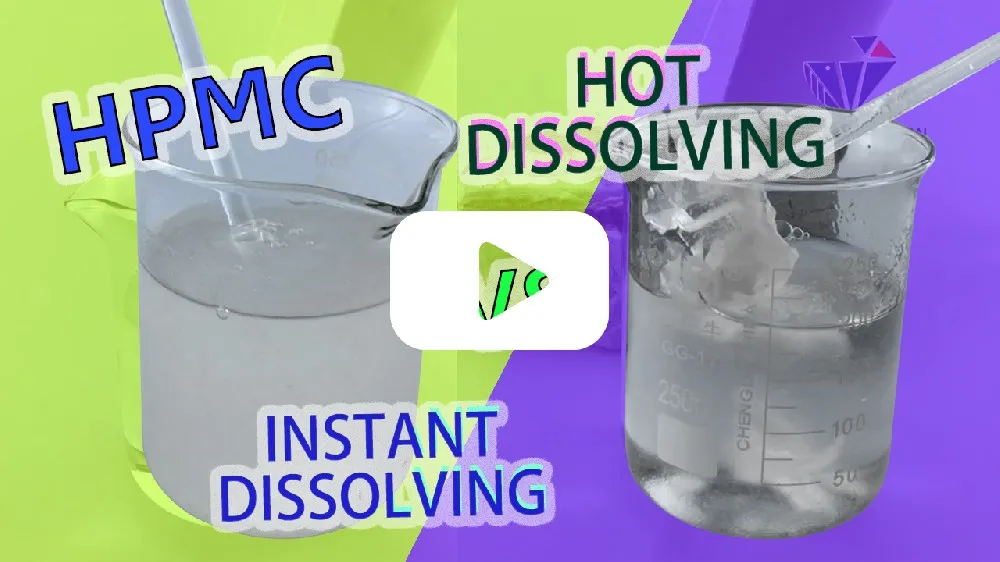
Dec . 15, 2024 22:17 Back to list
HPMC Production Companies Specializing in High-Quality Hydroxypropyl Methylcellulose
HPMC Manufacturers The Unsung Heroes of the Pharmaceutical and Food Industries
Hydroxypropyl methylcellulose (HPMC) is a versatile and essential polymer widely used in various industries, notably pharmaceuticals, food production, and construction. This chemically modified cellulose enjoys great popularity due to its unique properties, including water solubility, film-forming capabilities, and thickening characteristics. Behind the success of HPMC lies a network of manufacturers dedicated to producing high-quality materials that meet the rigorous demands of modern applications.
The Role of HPMC in Pharmaceuticals
In the pharmaceutical industry, HPMC is a crucial excipient — a substance formulated alongside the active ingredient in a medication. Its ability to provide controlled release of drugs makes it invaluable in the formulation of tablets, capsules, and other dosage forms. HPMC not only enhances the stability of the active ingredients but also improves the overall bioavailability of the drugs. This means that the efficacy of medications can be maximized, leading to better therapeutic outcomes for patients.
Manufacturers of HPMC must adhere to stringent regulatory standards to ensure their products meet the requirements set out by agencies such as the U.S. Food and Drug Administration (FDA) and the European Medicines Agency (EMA). These regulations govern everything from the sourcing of raw materials to the manufacturing processes themselves. By investing in state-of-the-art facilities and adhering to Good Manufacturing Practices (GMP), HPMC manufacturers play a critical role in the pharmaceutical supply chain.
HPMC in Food Applications
Beyond pharmaceuticals, HPMC has found a substantial application in the food industry. It serves as a thickening agent, emulsifier, and stabilizer, enhancing the texture and shelf life of various food products. Its ability to retain moisture is particularly beneficial, making it a popular choice in baked goods, dairy products, and sauces. With a growing global emphasis on health and wellness, manufacturers are exploring HPMC's potential in formulating gluten-free and low-calorie food products, catering to the dietary needs of consumers.
Due to the diverse nature of food applications, HPMC manufacturers must comply with food safety standards as well. The development of HPMC that is suitable for food use requires rigorous testing for purity and functionality. This is where established HPMC manufacturers excel, providing food-grade products that meet or exceed industry standards, ensuring that consumers receive safe and high-quality food items.
hpmc manufacturer

The Construction Industry and Beyond
HPMC is also gaining significance in the construction industry. As a water-retention agent in cement-based materials, HPMC enhances workability and improves the durability of construction products such as plaster, tile adhesives, and mortars. The growing trend towards sustainable construction practices has further driven demand for HPMC, as builders seek materials that offer better performance while reducing environmental impact.
Innovations and Trends
The HPMC manufacturing sector is witnessing several innovations aimed at addressing the ever-evolving needs of different industries. Manufacturers are investing in research and development to create tailor-made HPMC products that cater to specific applications. This includes developing HPMC with varying viscosities, solubilities, and particle sizes. As industries push for more eco-friendly solutions, manufacturers are also exploring renewable raw materials and sustainable production processes.
Moreover, the global market for HPMC is expanding, driven by increasing demand in emerging economies and the ongoing trend towards modernization across various industries. The Asia-Pacific region, in particular, is experiencing growth in HPMC production owing to the booming pharmaceutical and food sectors. Manufacturers are also focusing on enhancing their supply chains to ensure timely delivery and reliable service to their customers worldwide.
Conclusion
In conclusion, HPMC manufacturers are integral to the success of multiple industries, particularly pharmaceuticals and food production. Their ability to produce high-quality, compliant, and innovative HPMC products directly impacts the effectiveness of medications and the quality of food consumed daily. As demand continues to grow and industries evolve, these manufacturers will undoubtedly remain at the forefront of innovation, playing a crucial role in meeting the challenges of tomorrow's market. The future of HPMC manufacturing looks promising, filled with potential for expansion and further contributions to global health and wellness.
-
Versatile Hpmc Uses in Different Industries
NewsJun.19,2025
-
Redispersible Powder's Role in Enhancing Durability of Construction Products
NewsJun.19,2025
-
Hydroxyethyl Cellulose Applications Driving Green Industrial Processes
NewsJun.19,2025
-
Exploring Different Redispersible Polymer Powder
NewsJun.19,2025
-
Choosing the Right Mortar Bonding Agent
NewsJun.19,2025
-
Applications and Significance of China Hpmc in Modern Industries
NewsJun.19,2025







